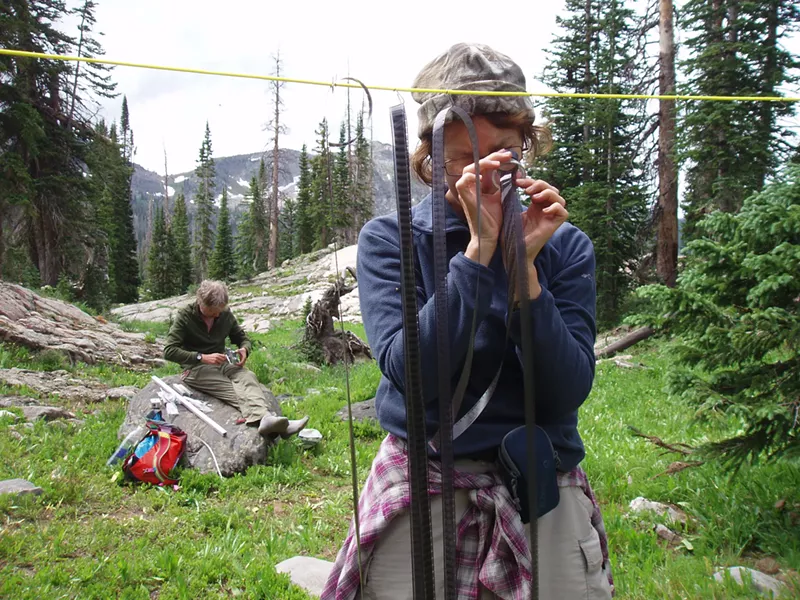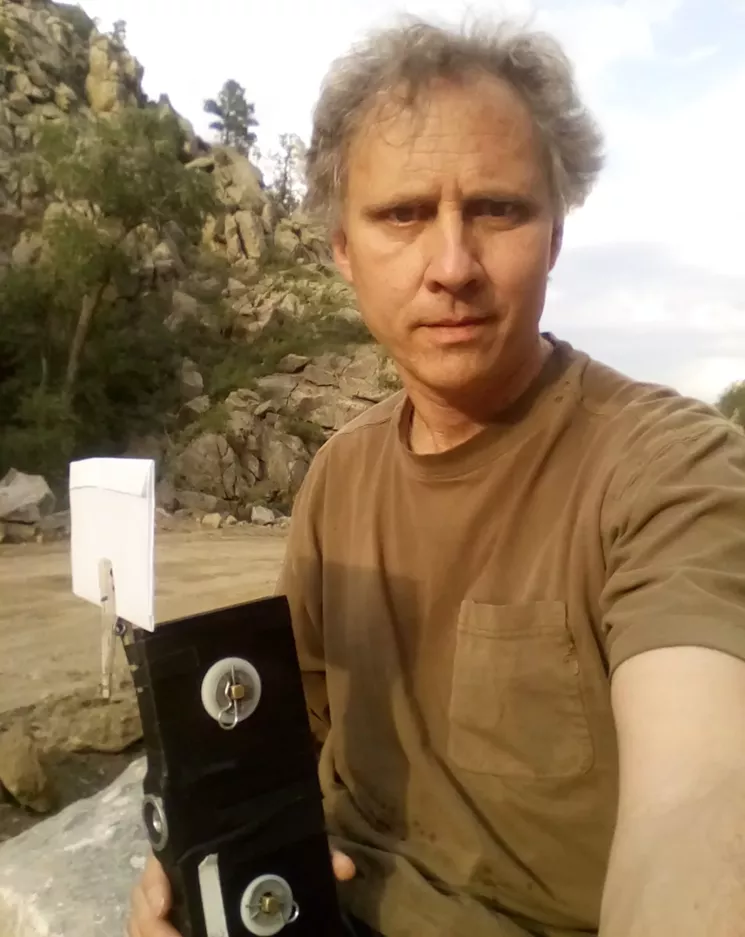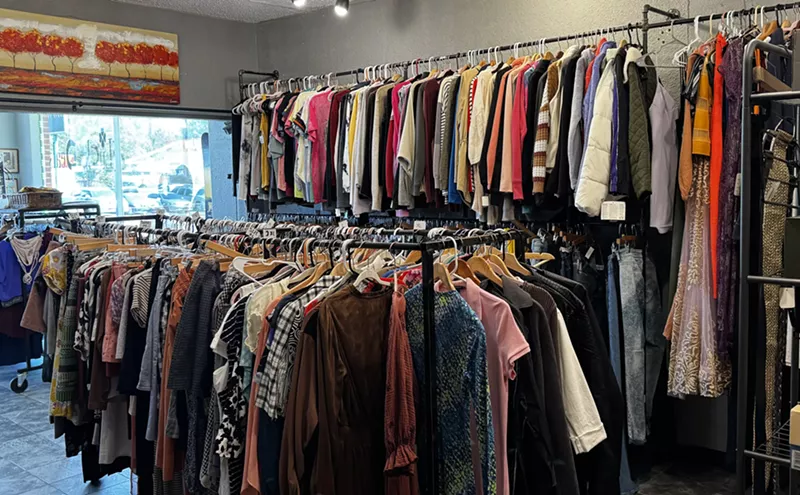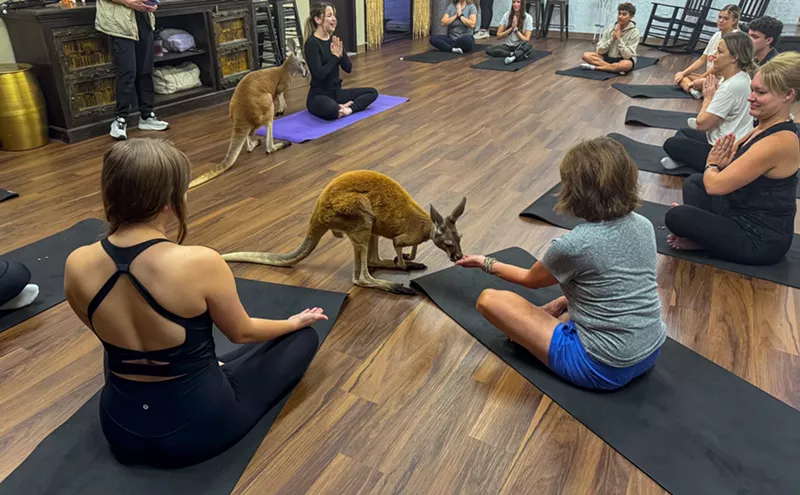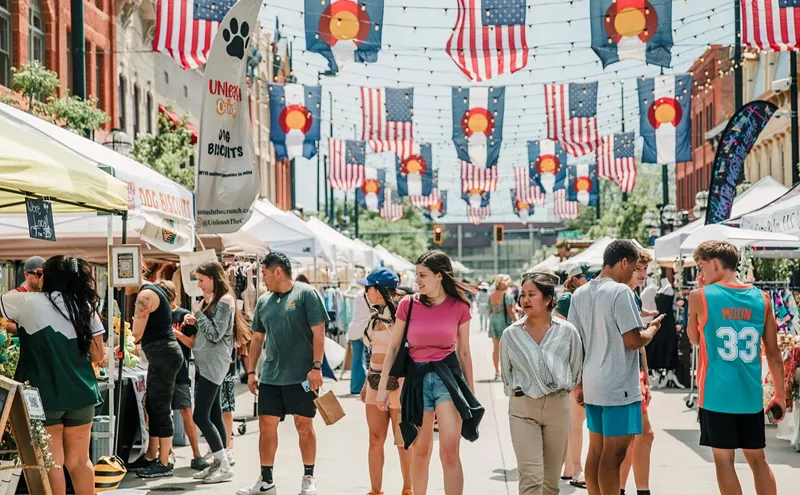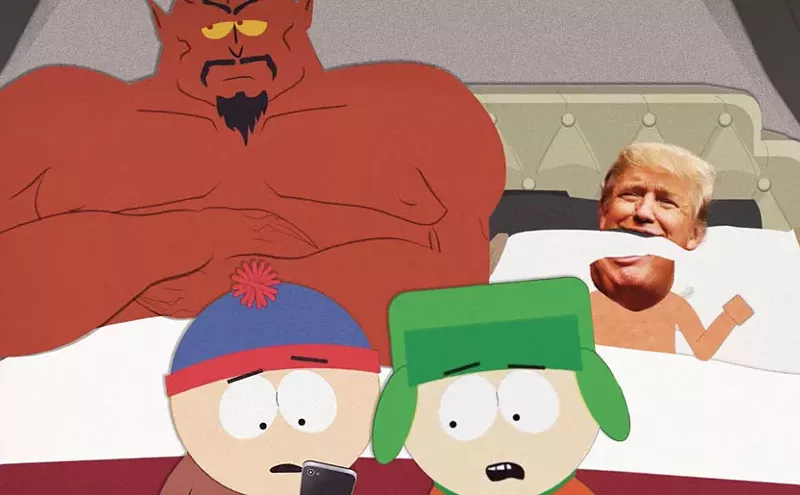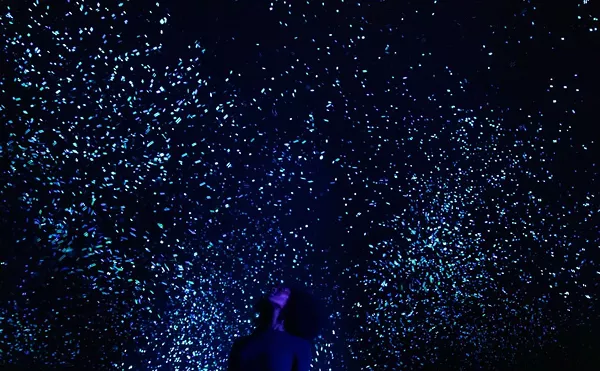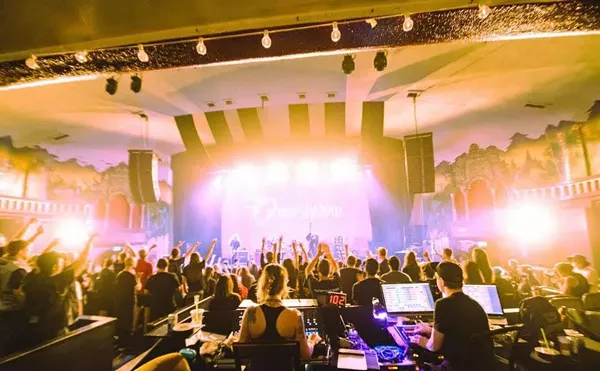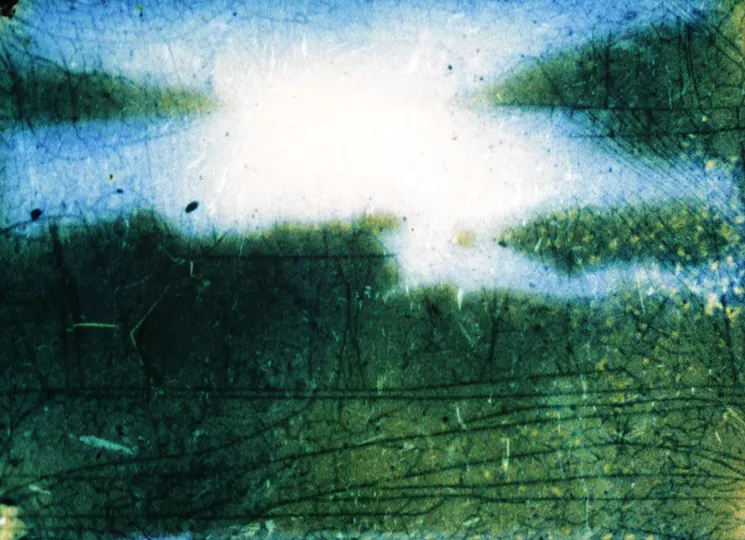
A still from the film To the Beach, which will screen along with other Robert Schaller works on Sunday, September 10, at 7 p.m. at the Sie FilmCenter.
Robert Schaller.
This weekend, the experimental film collective Process Reversal will host a workshop led by Schaller, as well as a screening of his movies at the Sie FilmCenter. We caught up with him ahead of this weekend's festivities.
Westword: I made a pinhole camera in third grade out of a cereal box, and I saw a bunch of them at the eclipse. Is this the same thing?
Robert Schaller: It’s basically the same principle, except it’s a pinhole movie camera. We’ll use the boxes that the film comes in, add a central part with a pinhole that can expose the film, and you just advance the film one frame at a time. And when it’s projected, you get the illusion of motion. That’s what interests me the most, to make things out of non-specialized equipment.
We’ll make a couple of cameras and then go out and shoot with them. Then we’ll process the film and project it at the end of the class.
So we’ll be able to process the film right there in the theater?
That’s right. That’s something that I’ve been very interested in at the Handmade Film Institute. At the extreme end is our Wilderness Film Expedition, where we actually carry all the chemistry and the cameras and equipment and projector on our backs into the wilderness and spend about ten days conceiving, shooting, processing, printing, editing and projecting a film, all out in the wilderness. So this will be a very small version of that, where we’ll be using a broom closet at the theater as our dark room.
Yes, I was studying music composition at CU Boulder when I went to Stan’s sixtieth-birthday party, where they screened some of his work. I started taking some film classes, and I was suddenly aware of this whole world of experimental cinema. And I realized it was really just like music. They’re both concerned about how things move through time — not necessarily representational events, but things like color, brightness, shape. So it’s thinking of film as visual music.
Can you tell me about some of your work you’ll be showing on Sunday?
There will be a number of films I’ve made using this pinhole camera over the last twenty years or so. Some of the films are silent, because the music is in the image; the pattern on the film was constructed musically, like a traditional composer writing a score and then treating the camera as the musical instrument that you’re using to play the score. And the film you get back is like a recording of the performance. And then there will be four works that involve a live cellist. With these films, I use the same breakdown of time for the film and the cello, I composed them together, so the music goes with the film.

A still from the film To the Beach, which will screen along with other Robert Schaller works on Sunday, September 10, at 7 p.m. at the Sie FilmCenter.
Robert Schaller.
Film is this material medium, and you can use it in all kinds of ways if you release yourself from the idea that you have to be Steven Spielberg. It’s just a strip of plastic that’s sensitive to light. If you think of it that way, all kinds of possibilities open up.
Schaller's workshop takes place Saturday, September 9, at 9 a.m., at the Sie FilmCenter, and costs $20 for Denver Film Society members and $25 for nonmembers. He will also screen his works Sunday, September 10, at 7 p.m. Tickets are $10 for DFS members, $12 for non-members.

